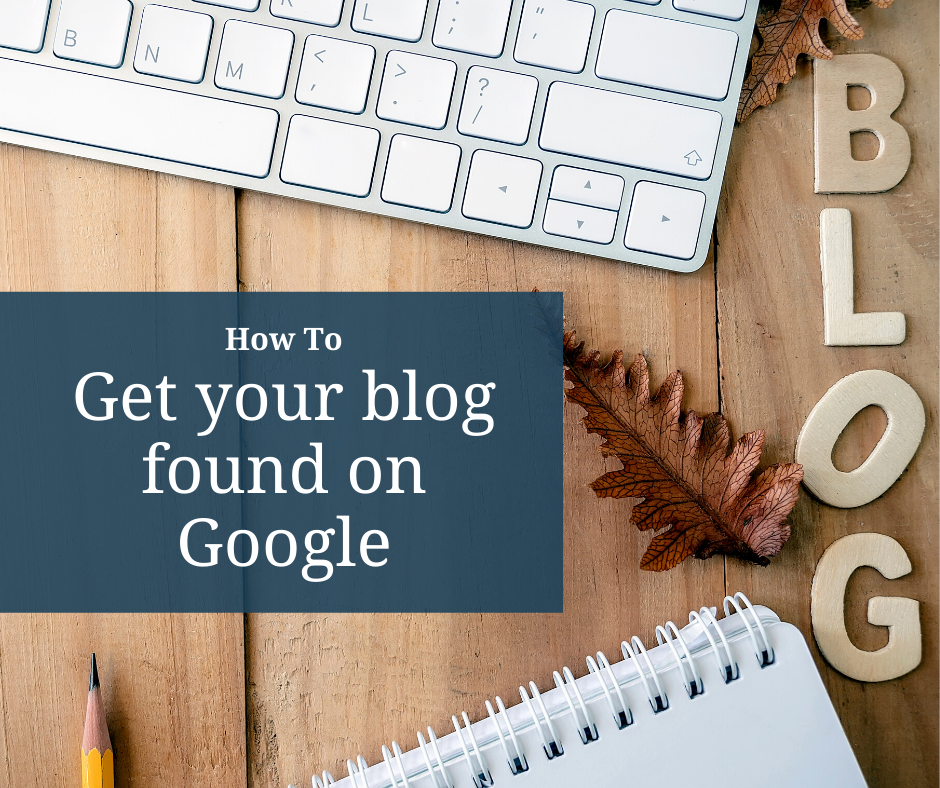While being visible on the web should always be a main goal of your business, it is even more important right now. You have a captive audience online as everyone is connecting virtually during our Coronavirus quarantine.
Blogs should be a key focus of your content creation, and writing them does NOT have to be a daunting task that will take you hours to complete. In fact, blogs are a key part of my content creation process for myself and my social media management clients.
They are a starting place that will allow you to create other pieces of relatable content to post on your social media platforms. But I’ll share more about that later.
I want to tell you why they are so important.
Blogs will organically help your SEO. To further clarify, organically here means- FREE. You do not have to spend thousands on an SEO campaign to boost your visibility on search engines.
Blogs are searchable so when people are seeking topics related to your business, your blog (on your website) is more likely to appear in search results when written for SEO optimization.
Google’s new algorithm BERT reads specific content on your website which establishes your business’s authority and expertise amongst search engines. Keywords are important, but context and authenticity matter most. Your blog allows BERT to understand specifically what value your website brings to others.
Let’s dive in to SEO best practice for your blog writing and get you on the path to writing your best blogs yet.
KEYWORDS
Your blog should be written with one overall main keyword to describe what your blog is about. When determining your main keyword, keep in mind which keyword you want your blog to rank for, and write your content to be consistent with this topic.
You can check out Google Trends, Answer the Public, and Google Analytics (previously installed on your website) to see what keywords people are using to search for information. Google also gives suggested searches based on your search query that can help you develop secondary keywords for your main keyword and topic.
POST TITLE
You want a catchy, intriguing blog post title to entice your audience to click and read more. Make sure to include your main keyword within the title and try to keep the title within 40 characters. A great way to determine your title is to think of your audience’s desired outcome and the vehicle to make that happen.
SUBHEADINGS and BODY CONTENT
See how the above sections have titles describing what the section is going to be about? That is an awesome way to break up big blocks of text into digestible content and improves your overall SEO. As you create the body of your blog, write for easy understanding. You want to keep your content skimmable (is this even a word) as you write using signal words such as first of all, secondly, and indeed. Add white space, quotes, and images to break up paragraphs.
Write your blogs so Google can EAT, or for Expertise, Authority, and Trustworthiness. You will want to include examples, details, facts, statistics, and information that is helpful for your audience. Please remember to link to sources as necessary. In fact, adding links is another SEO booster.
INTERNAL/EXTERNAL LINKS
It is important to link to other places that your viewers can find more information on the topic you are writing about. Before linking to external sources, make sure you have directed your readers to other resources on your website. This will increase the time your viewers spend on your website (another important SEO facet). Make sure these links open in an external tab when you are setting them up! Set a goal of two internal links and one external goal, or whatever seems most appropriate for your business and current content topic.
CONCLUSION
The conclusion of your blog should always summarize the main intent of why you wrote the blog in the first place. Then call your readers to action. This could be in the form of having them opt-in to a freebie that is related to what you were writing about. Perhaps upsell your readers with a service or product. Offer them consulting. Offer them an affiliate link. Use this space to move the needle in your business while extending more value that you know will impact your readers.
This being said, I want to offer you my worksheet I use to organize my blog creation here. Use the editable PDF version or print the PDF version if you need to move off of the computer. I’ve included an SEO checklist that will help you remember to include small but powerful things that will help your blog be found in search engines.
Alas, if writing blogs just isn’t your thing, we are happy to write them for you. We have a crazy amazing framework where we will create topics for your blogs that are most relevant for your business.
Contact us here to get started today.
Happy Blogging!






Responses